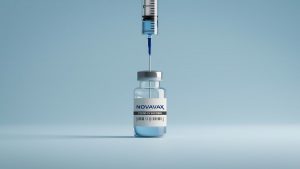
More middle-aged Black and Native Americans are now falling prey to “deaths of despair” than whites, a new study finds. These deaths — from suicide, drug overdose and alcoholic liver disease — initially had been more common among whites. But a new analysis has determined that deaths of despair have skyrocketed for Black and Native Americans over the past decade. The deaths of despair rate among Black Americans tripled between 2013 and 2022, rising from 36 deaths per 100,000 people to nearly 104 deaths per 100,000, researchers found. That’s slightly higher than the 2022 rate among white Americans, which was nearly 103 deaths per 100,000. The rate is worst among Native American/Alaska Native people, who suffered nearly 242 deaths of despair per 100,000 in 2022. “The findings reinforce the notion that we need to invest in services that can address these issues and, ultimately, we need much more comprehensive access to low-barrier mental health care and substance use treatment in the U.S.,” said researcher Joseph Friedman, of the David Geffen School of Medicine at UCLA. “And we need to specifically make sure those treatments, services and programs are implemented in a way that is accessible for communities of color and will actively work to address inequality,” Friedman added in a university news release. Deaths of despair attained the spotlight following a 2015 study that analyzed… read on > read on >
































-300x200.jpg)





